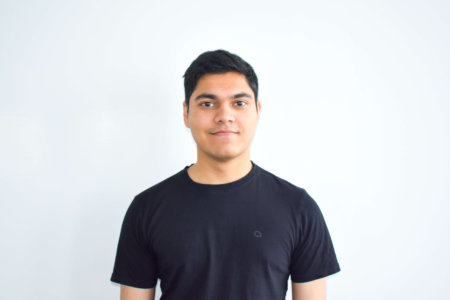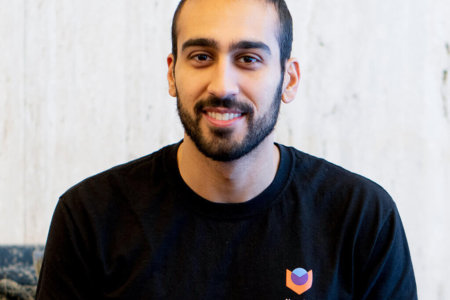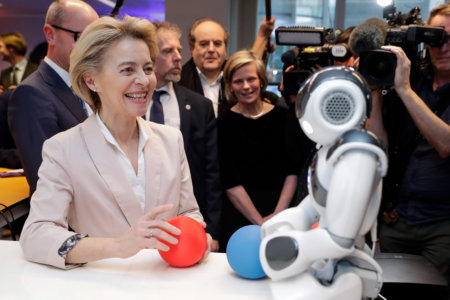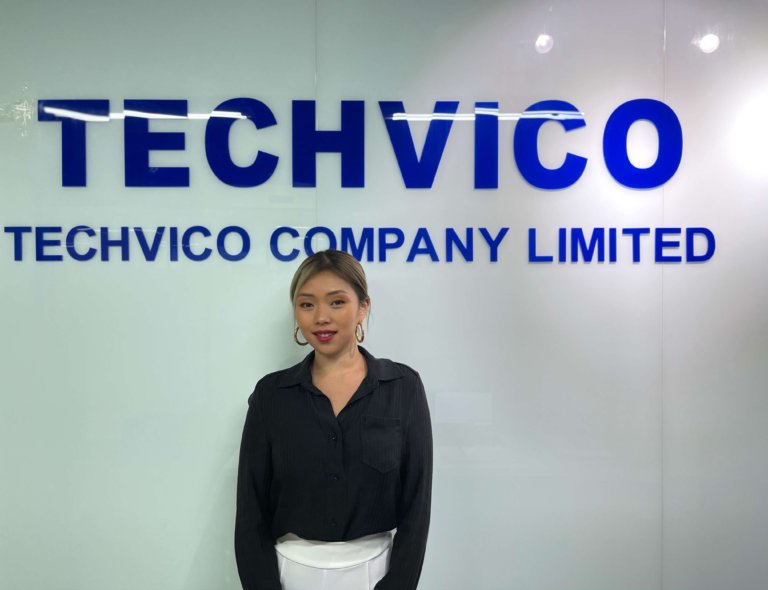
Chia Chou, 25, Penn State University graduate, is helping businesses see with intelligence. As CEO of Techvico, she is leading a startup that offers vision-based software development that focuses on high-tech solutions for machine learning. Their specialty is in sensor fusion vision-based software, having developed in-house Stereo SLAM and LiDAR SLAM software as well as facial recognition and behaviour analysis systems for various applications with the most cutting-edge technology.
In short, their AI-powered facial recognition system can detect and analyse shopping behaviour, such as how our eyes and heads move when we’re looking at something we’re keen to buy.
From fast food to exam prep, machine-learning solutions are making their way into a wide range of industries and ballooning into a multibillion-dollar global industry. According to Market and Markets, the machine learning market is expected to grow from US$1 billion to US$9 billion by next year. The market is hot for Chou and her upcoming startup.
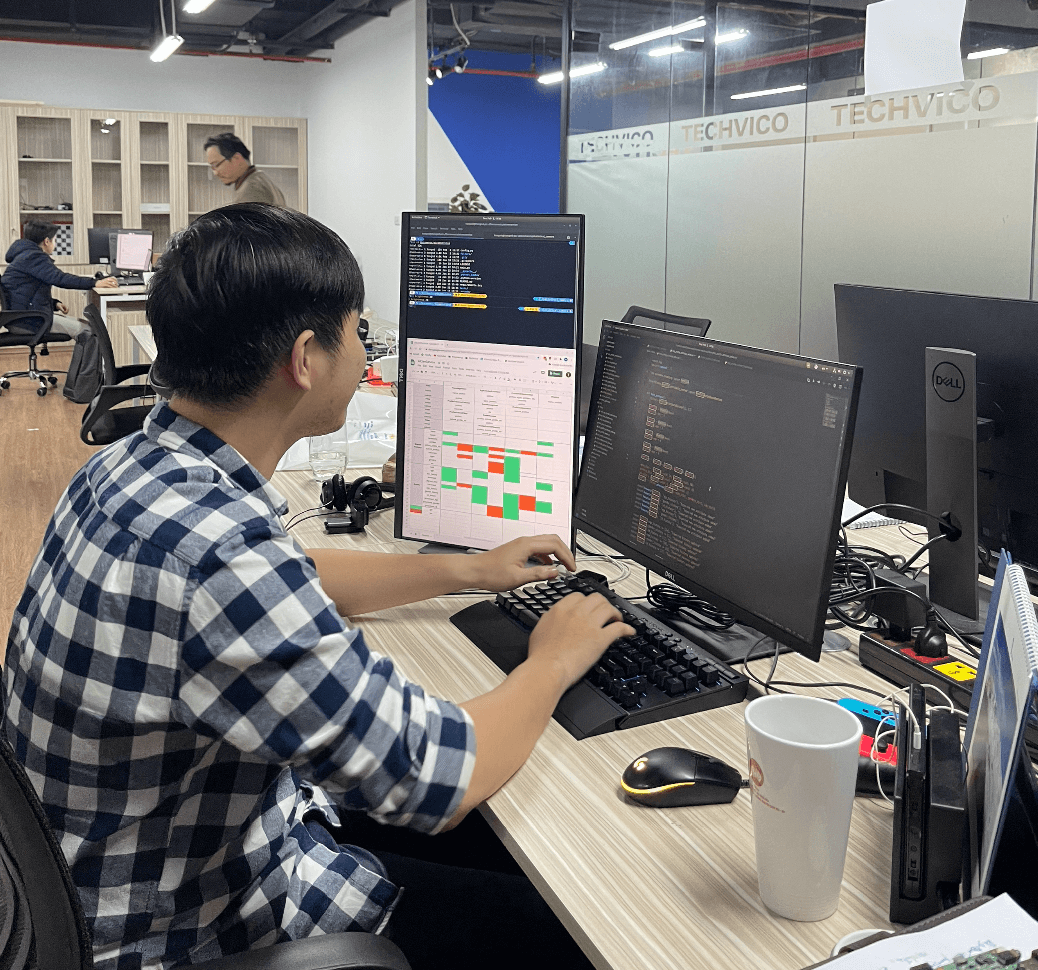
“I chose to pursue my degree because I wasn’t certain which field I wanted to get into, I wasn’t even sure about what my true passion was when I graduated high school,” Chou says. Source: Chia Chou
We caught up with this Taiwanese graduate to learn more about her Penn State University experience, her business administration and management degree and how she plans to capitalise on this multibillion-dollar global industry.
Why did you choose to pursue your degree in business administration and management at Penn State University?
I chose to pursue my degree because I wasn’t certain which field I wanted to get into. I wasn’t even sure about what my true passion was when I graduated high school but I knew business was something that would help set a solid foundation for me no matter what field I chose in the future.
Penn State University was one of the more reputable unis that I got accepted to, so that’s what I went for. Frankly, it was a great experience overall and I’d say I have no regrets.
Do you think it would have made a difference if you decided to pursue that degree at a local institution?
While I live in Malaysia, I am actually from Taiwan, but I would say yes definitely in both cases. I think when one comes of age, it’s a crucial period in their lifetime — truly shaping who you become with your values and views.
Being in the US really allowed me to be more creative, expressive and nurtured my individuality. In addition to that, I much prefer the education style of Western institutions where they actively encourage participation, cultivate ideas and value opinions whether it’s right or wrong.
As opposed to many Asian higher education institutions which still have pretty rigid ways of teaching, focusing more on attaining good grades isn’t a very sound judgement of one’s knowledge (in my opinion!).
Tell us more about your career trajectory with Techvico since graduating from Penn State University.
Techvico is my tech startup in Vietnam. We develop sensor fusion machine learning embedded systems, using main technologies like SLAM which is based on various sensors like stereo cameras, Lidar, GNSS or a combination of them.
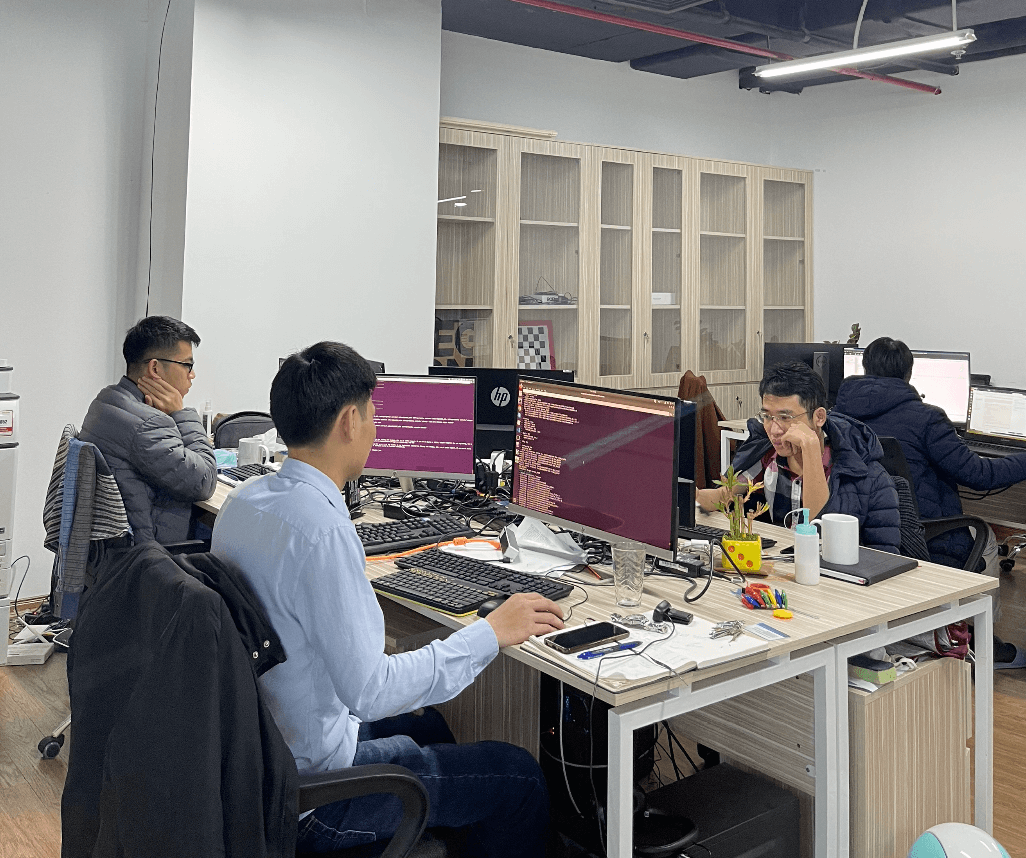
Techvico works on spatial awareness recognition for inanimate objects. Source: Chia Chou
Additionally, we also use AI algorithms and cloud technology for various applications such as automotive or surveillance applications. SLAM basically stands for simultaneous localisation and mapping. In layman terms, it provides inanimate objects the spatial awareness and semantics — where am I and what are the objects surrounding me?
Do you think AI will progress in the near future, especially throughout Southeast Asia?
Definitely! Being in this field, I have already seen a huge trend in automation with many governments in Southeast Asia pushing on the Industry 4.0 movement. Our company is introducing a new project involving machine vision systems in industrial applications to equip robotic arms with the brains and eyes to make semantic decisions.
The current demand is huge and consistently growing, especially with the manufacturing sector being one of Southeast Asia’s main sources of income. I predict in the next 10 years, 60 to 80% of these factories will be fully automated.
Southeast Asia is currently going through rapid development and the demographic is largely shifting from blue collar to white collar. This goes hand in hand as more of the population are acquiring higher education degrees and better paying jobs.
How do you use the knowledge and skills gained at uni in your current job?
Over my college years, the values and skills I’ve gained really shaped me to become the person I am today. I would say my leadership qualities I have gained from orchestrating team projects in uni and my tenacity in overcoming challenges whilst taking up new courses really helped build the foundations for me to run my startup now.
What were the practical learning elements in your degree programme? Do you get to apply them in real life?
Frankly due to the nature of my business being so different from the degree I pursued, I had to learn a lot of things from scratch when I graduated and got into this field. Not much of what I learnt in uni really brought practical help in my career.
However, I would say the accounting courses I had to take really came in handy, along with time estimation skills to get things done last minute. This has also transferred today when I have to make sure my work is delivered on time.
What skills or knowledge do you wish you had learned more during uni?
I wish I learned how to code in uni. I think it’s pretty self-explanatory why it’s extremely important and useful. I firmly believe it should be included in the syllabus taught, even in elementary school. I don’t think it will take long before it becomes an essential class taught to kids all over the world, alongside English, mathematics and history.
Computers and the digital world are becoming significantly closer to our daily lives. We are inseparable from them at this point. Being able to communicate with these devices to increase our flexibility and freedom, as well as to maximise their use to us, will be crucial.
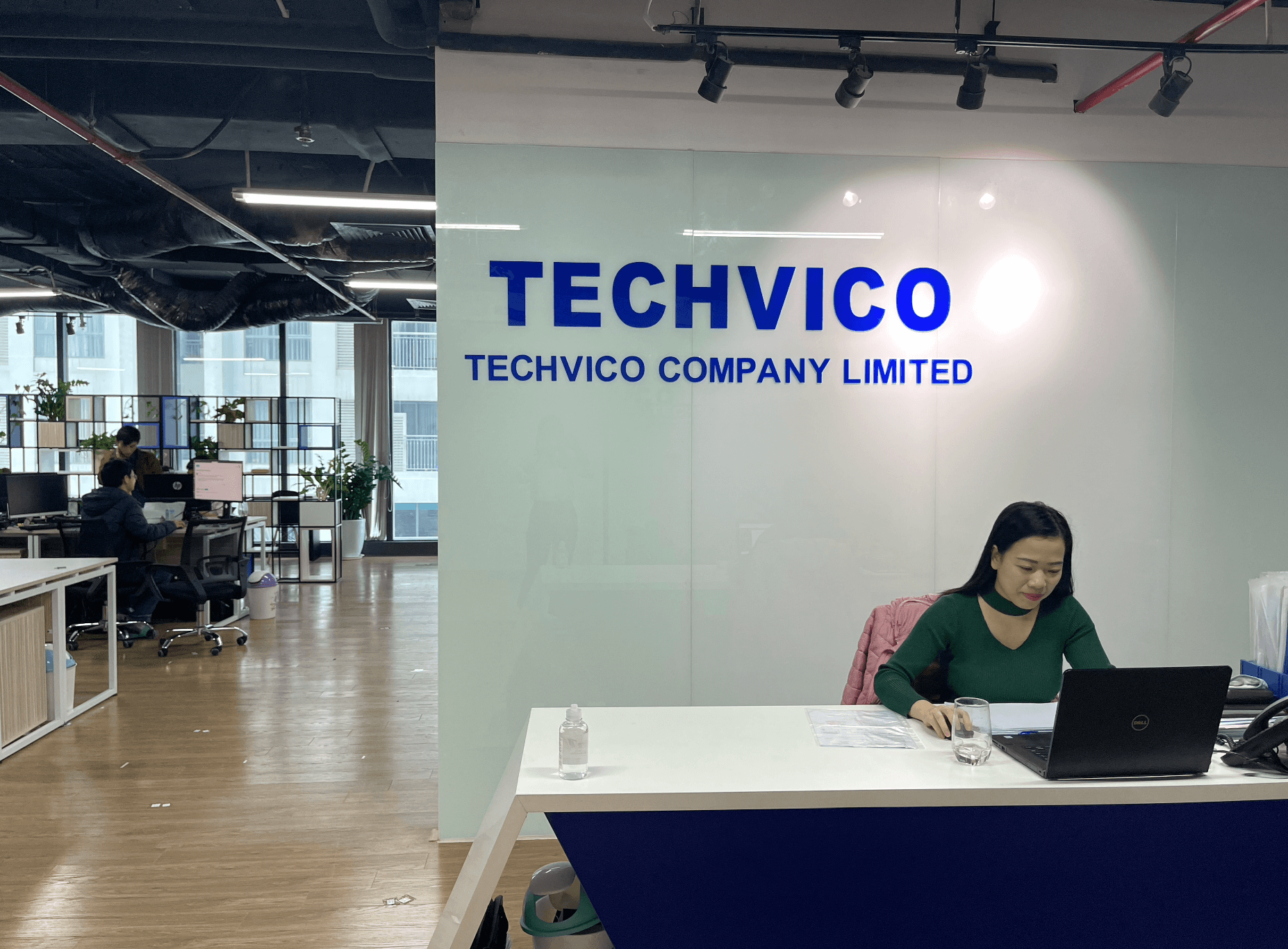
In 10 years, Chou envisions herself settling down somewhere a little more quaint and quiet. Source: Chia Chou
What advice do you have for students planning to enrol in the same course as yourself?
I’d recommend trying and taking the time to really expose yourself to as many new people, experiences and information as you can get. Sometimes, discovering what you like takes time and experimentation so it’s okay to do it at your own pace.
In 10 years, where would you be living and what would you like to be doing?
Ideally, I would like to be out of Asia. I spent the majority of my life there and whilst I love the vibrant, fast-paced scene, I want to experience culture and life in a completely different setting. I think in 10 years, I’ll be ready to settle down somewhere a little more quaint and quiet.
What’s one thing from home you missed and how did you substitute it?
I really missed my friends because they are my support system. Being away from home, I realised how valuable they are to me. I substituted it with a lot of work so I could distract myself and focus. Obviously, making new friends and going out when possible helps too!
Follow Chou on LinkedIn for updates on Techvico!








